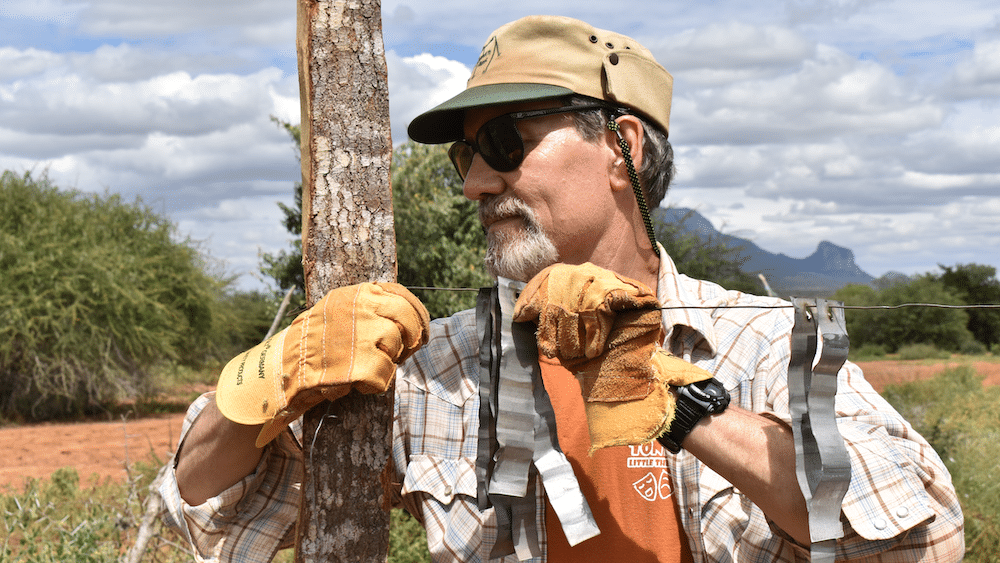Meet Our Newest Faculty
Meet the new scientists joining the college’s faculty.
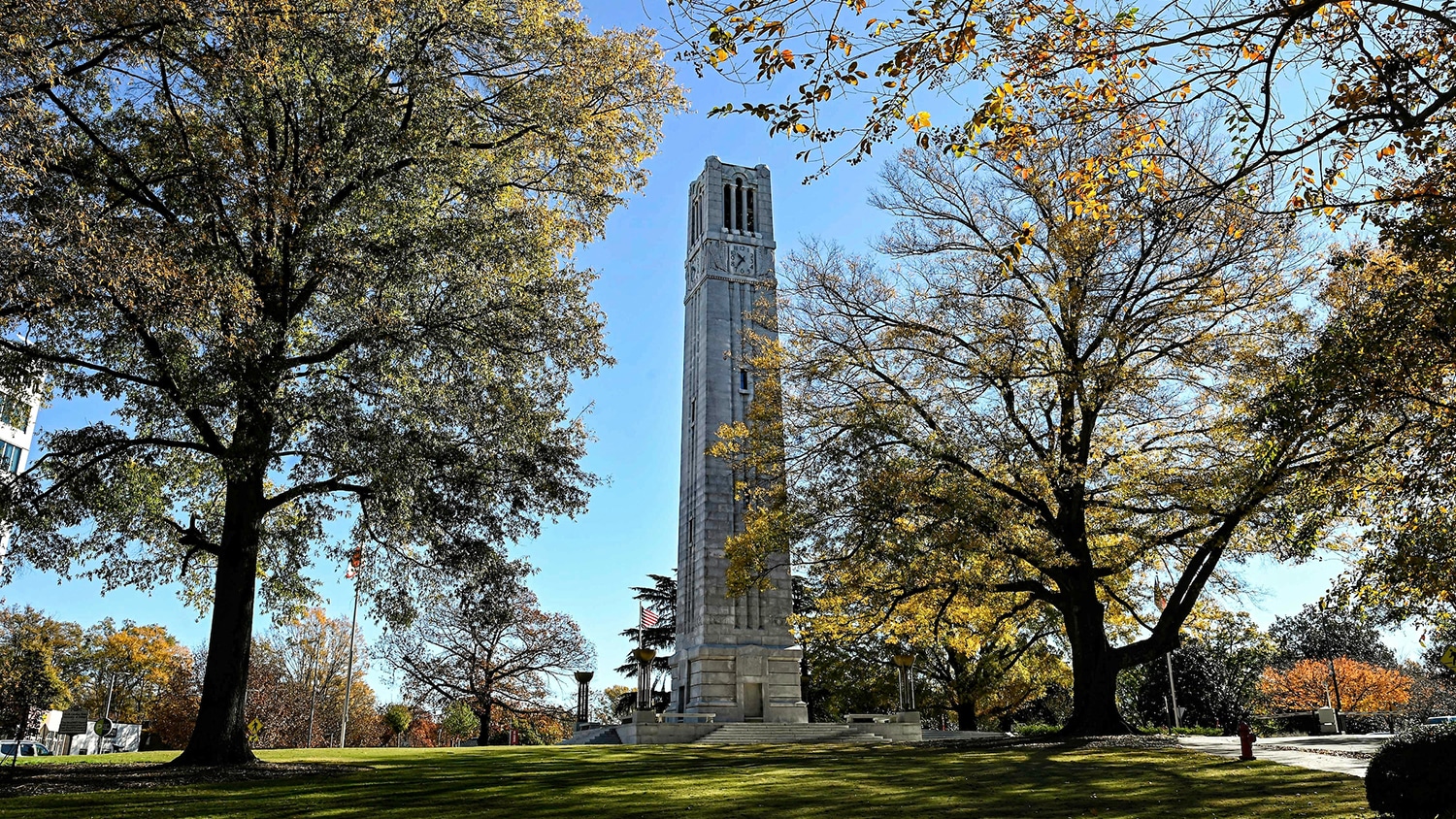
With the fall 2023 semester upon us, the College of Sciences is celebrating the more than 20 new tenured, tenure-track and professional faculty members joining us from all over the world.
Get to know these extraordinary scientists, and find out why they’re excited to join the Wolfpack.
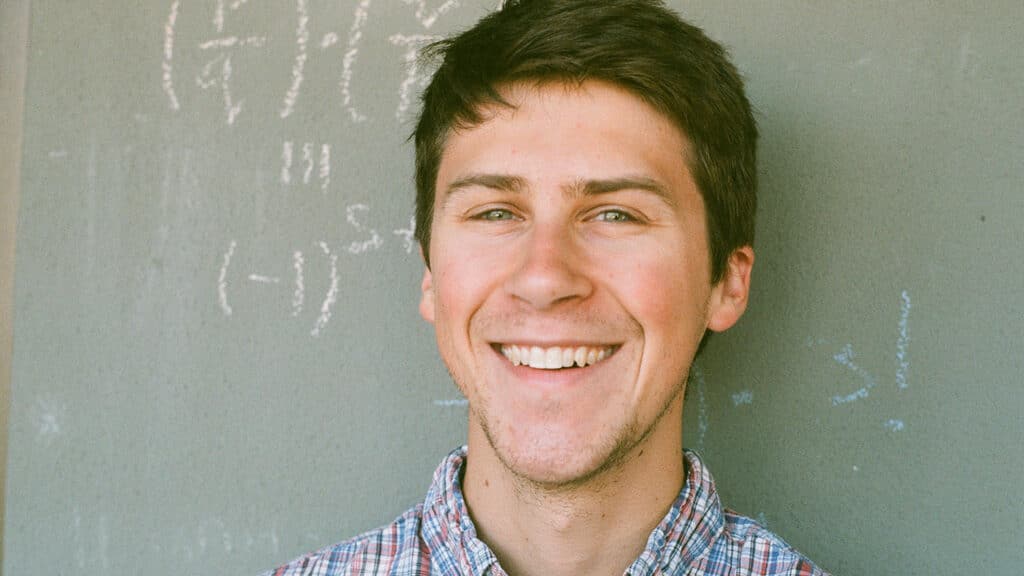
Erik Bates
Assistant Professor, Mathematics
Ph.D. institution and year: Stanford University, 2019
Recent affiliation: Van Vleck Visiting Assistant Professor, University of Wisconsin-Madison
Research focus: I study large complex networks through the lens of probability theory. By “networks,” I mean a variety of models from diverse disciplines — including physics, biology, artificial intelligence and sociology — each containing an element of uncertainty, or randomness. With large networks, this randomness becomes an advantage rather than a hindrance, because probability theory allows us to make surprisingly precise predictions about macroscopic outcomes. I am interested in both understanding these outcomes and developing the beautiful mathematical tools we use to prove them.
Why NC State? I am greatly excited by the College of Sciences’ support of faculty members to undertake ambitious programs in research, education and outreach. To work toward these objectives with my department’s exceptional students, staff and fellow faculty is a tremendous opportunity.
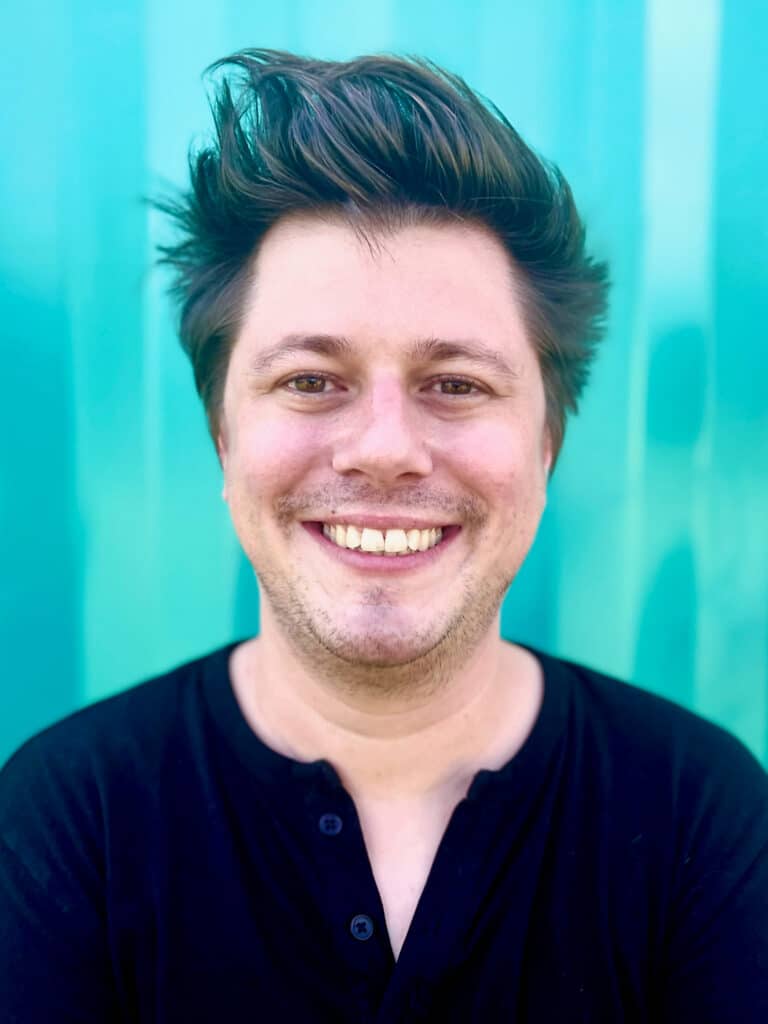
Louis-Marie Bobay
Assistant Professor, Biological Sciences
Ph.D. institution and year: Institut Pasteur (Paris, France), 2014
Recent affiliation: Assistant Professor, University of North Carolina at Greensboro
Twitter handle: @lmbobay
Research focus: My lab uses bioinformatics and big data approaches to understand the evolution of microbial genomes. We are also interested in the processes shaping population structure and speciation in microbes.
Why NC State? My research integrates different areas of research and NC State is a wonderful environment for my profile. NC State has a strong emphasis on bioinformatics (I am part of the Bioinformatics Cluster and the Bioinformatics Research Center), but also microbiology and evolution. I share many interests with lots of researchers across departments and colleges. I am very excited to join the Wolfpack!
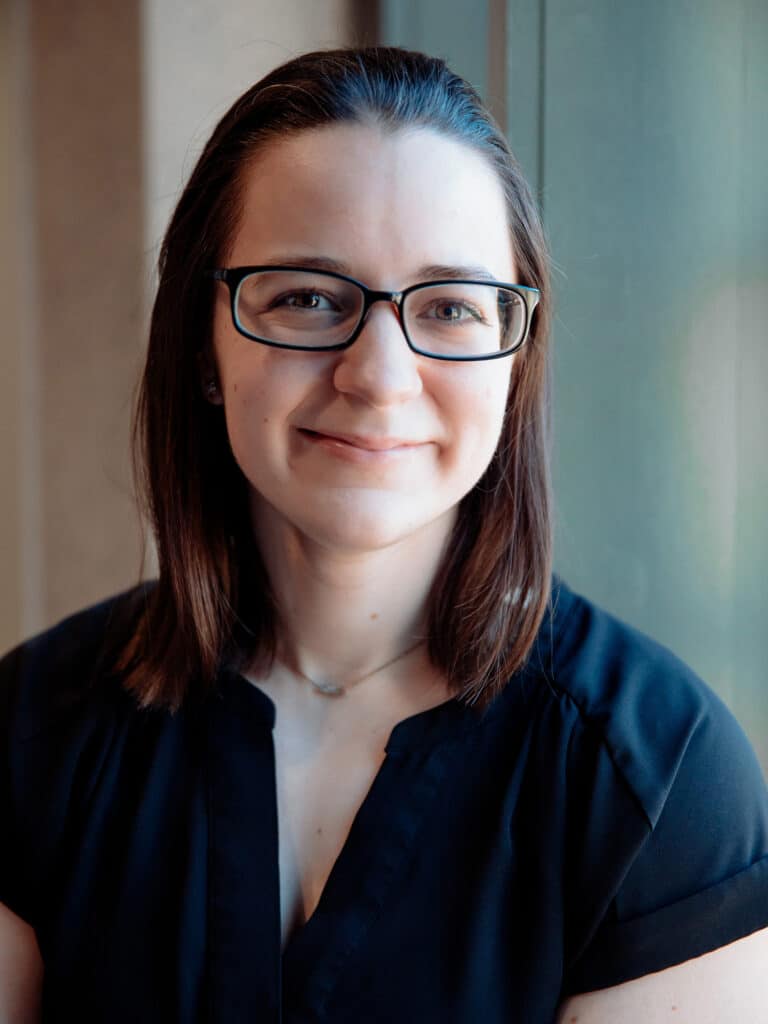
Annie Sauer Booth
Assistant Professor, Statistics
Ph.D. institution and year: Virginia Tech, 2023
Recent affiliation: Graduate Student, Department of Statistics, Virginia Tech
Research focus: I research statistical models of computer simulation experiments, which have applications to physical and engineering sciences. I work on improving statistical methodology to achieve better predictive performance from limited data. My research interests include Bayesian statistics, experimental design, optimization, reliability and uncertainty quantification.
Why NC State? I grew up in Greensboro and wanted to be close to home!
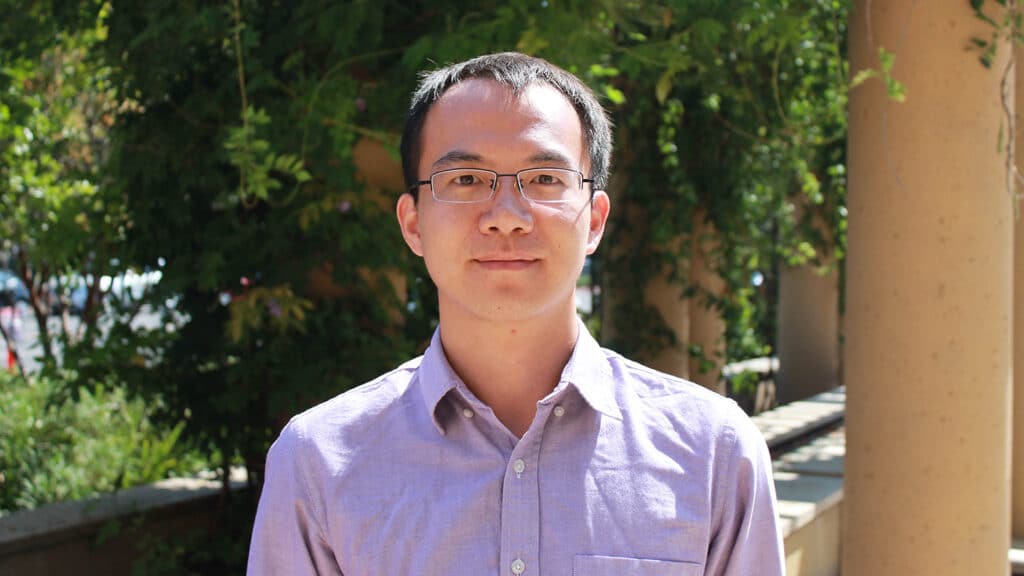
Chao Chen
Assistant Professor, Mathematics
Ph.D. institution and year: Stanford University, 2018
Recent affiliation: Postdoctoral Fellow, Oden Institute, The University of Texas at Austin
Research focus: I develop efficient algorithms for matrix computations with applications to computational tasks ranging from solving partial differential equations to analyzing large high-dimensional datasets. Compared to classical algorithms, the new methods typically have lower asymptotic complexity and higher performance on modern computing platforms. Through collaborations with domain experts, I am also interested in applying new algorithms to solving real-world problems.
Why NC State? NC State has a strong group in numerical analysis and scientific computing, which aligns with my general research interests. In particular, the Randomized Numerical Analysis Research Training Group is attractive to me because I have been working on randomized algorithms for matrix computations in recent years. In addition, I am excited to join a department that values teaching and interdisciplinary research, as well as diversity, equity and inclusion.
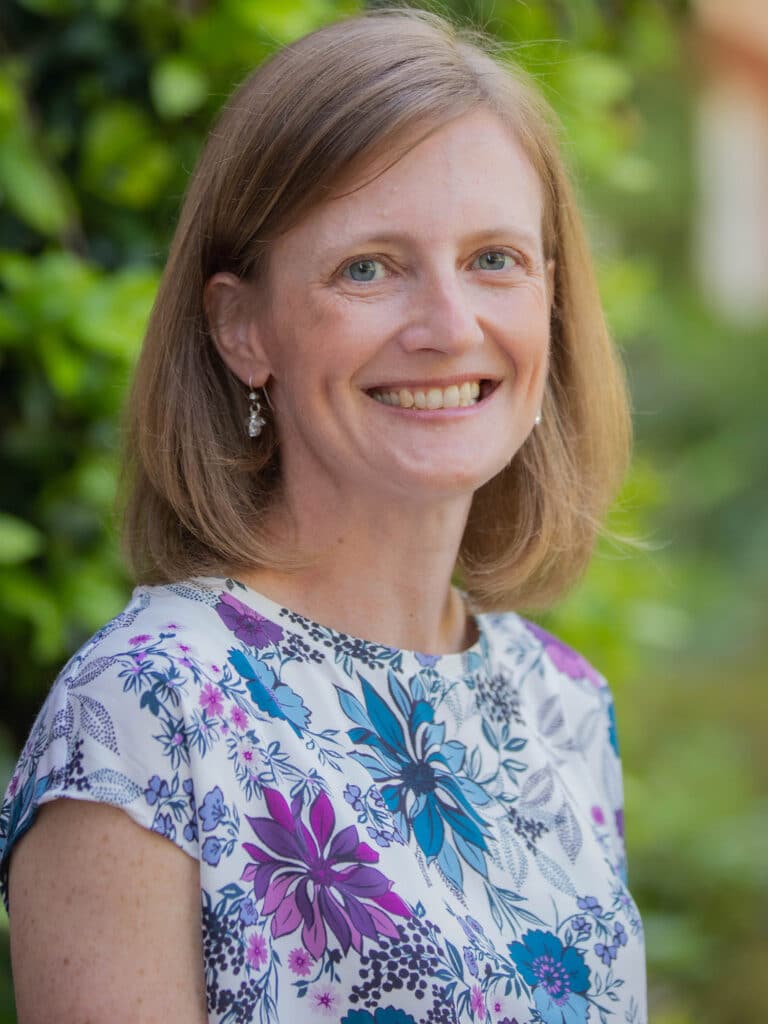
Patty Clemens
Lecturer, Mathematics
Education: Master of Science from the University of Vermont, 2003
Recent affiliation: Adjunct Professor, Meredith College
Teaching focus: In my time teaching, I’ve seen a lot of students who lack confidence in their math skills. My goal is to impart to my students that math can be fun, even when it’s challenging. I like to show them that we can break down steps to make calculations easier. Even if my students don’t plan to pursue a career in math, I want them to see the ways in which math is used in daily life.
Why NC State? I was drawn to the math department’s collaborative efforts to improve student comprehension. I believe that when colleagues work together, we can help each other learn the material better and come up with more effective ways of teaching.

Carter Clinton
Assistant Professor, Biological Sciences
Ph.D. institution and year: Howard University, 2021
Recent affiliation: Postdoctoral Scholar, Pennsylvania State University
Twitter handle: @the_carter_show
Research focus: My research sits at the junction of genetics and anthropology. My lab uses molecular techniques to study historical burial sites of enslaved African Americans. We aim to uncover their identities and health conditions and connect them to living descendants. Using non-invasive 16S rRNA analysis and metagenomics, we illuminate microbial and human DNA sequences from burial soil without disturbing skeletal remains. We also analyze the DNA of contemporary African Americans to delve into underexplored population diversity, understand how ancestry ties into health, address health disparities and comprehend disease susceptibilities for future prevention.
Why NC State? Drawn to NC State’s Think and Do ethos, I’m excited to join an institution that values pioneering research. NC State’s commitment to scientific discovery aligns with my work, which uses genetics to explore African American history and health. Here, high-risk, challenging research with life-changing potential is not only welcomed, but encouraged. And the advanced lab facilities and a collaborative academic community help one achieve their goal.
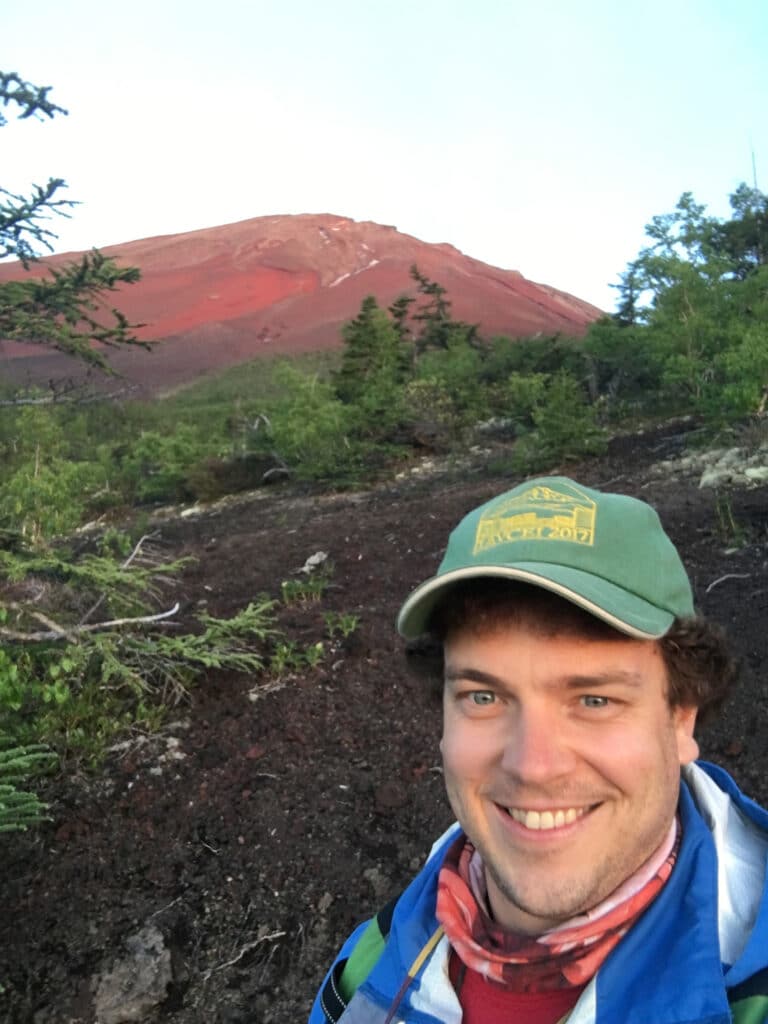
Adam Curry
Assistant Research Professor, Marine, Earth and Atmospheric Sciences
Ph.D. institution and year: University of Geneva, 2020
Recent affiliation: Postdoctoral Research Scholar, Department of Marine, Earth and Atmospheric Sciences (MEAS), NC State
Research focus: I research the formation of lithium-rich pegmatites and how we can more efficiently explore such deposits. Lithium, which is widely used in energy storage, is an important resource for the transition into a green energy economy. I study one of the largest lithium pegmatite deposits in the U.S. — near Kings Mountain, N.C. — with the hope of finding ways to more efficiently extract the element from lithium pegmatites around the world.
Why NC State? In addition to the world-class earth systems research in MEAS, the collaborative nature of scientists across the Triangle is a great asset. I have already built collaborations with faculty at both UNC-Chapel Hill and Duke, as well as researchers from two other departments at NC State. The access to great lithium-rich rocks within the state of North Carolina is also a huge plus.
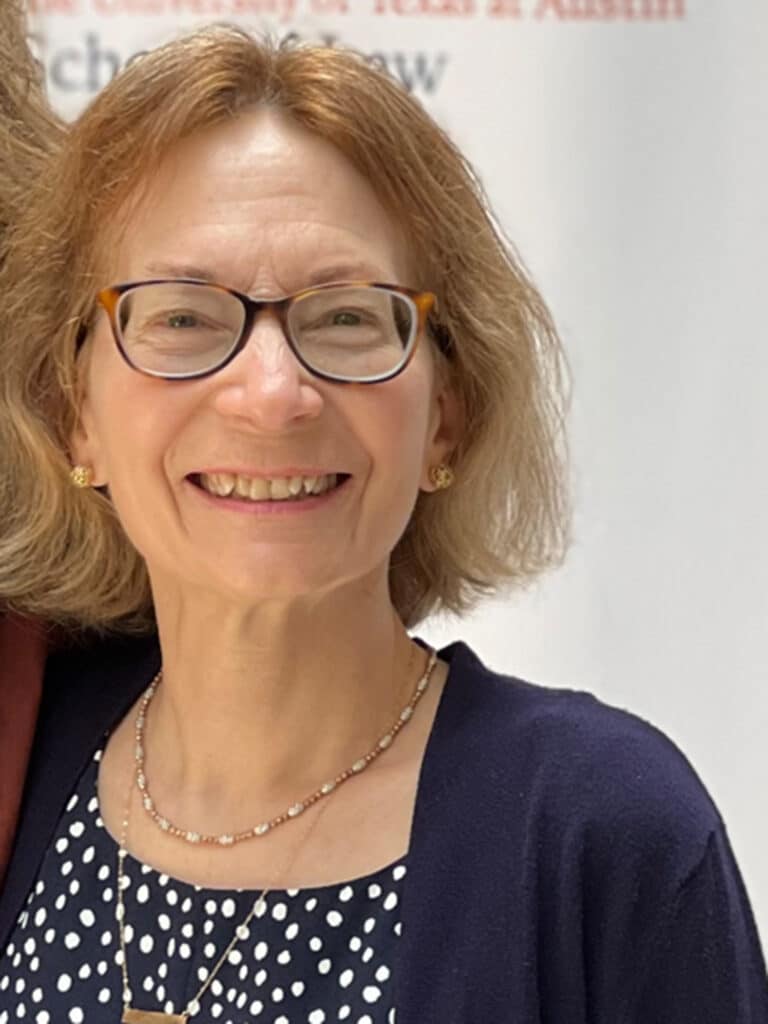
Rosemary Danaher
Lecturer, Statistics
Ph.D. institution and year: University of New Hampshire (all but dissertation)
Recent affiliation: Graduate Student, University of New Hampshire
Research focus: My dissertation topic is the effect of alcohol consumption on the occurrence and recurrence of triple-negative breast cancer and whether current artificial intelligence predictive models could be improved based on these findings.
Why NC State? The Department of Statistics at NC State has an outstanding reputation, nationally. I am excited to have the opportunity to work with an extremely talented group of people and to connect with colleagues in my department and across the university to further my dissertation research. I previously taught at a large land-grant university and I very much enjoy the diversity of the student body and the opportunity to mentor them individually, as well as collectively.
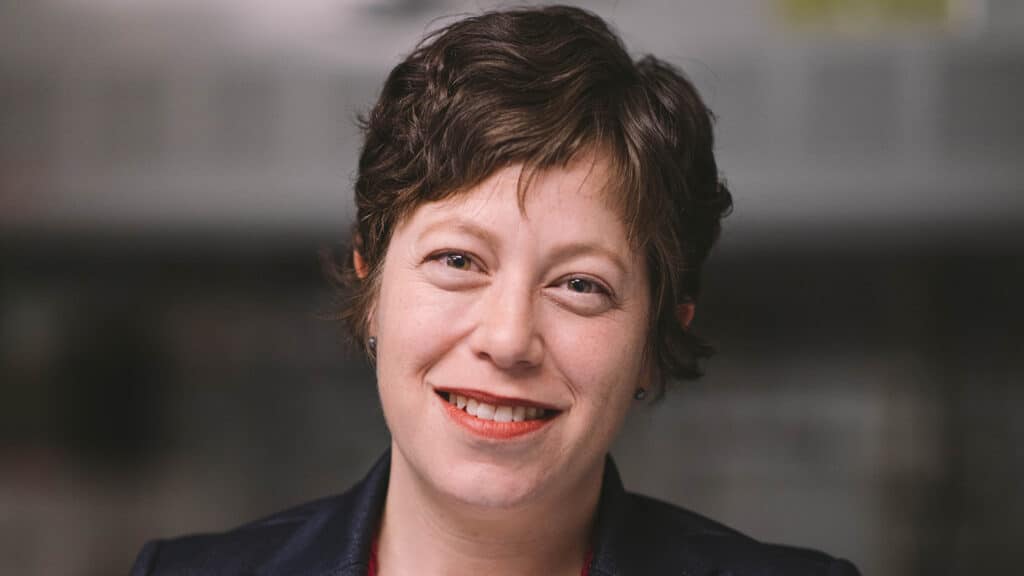
Edith (Phoebe) Glazer
Professor, Chemistry
Ph.D. institution and year: University of California, San Diego, 2003
Recent affiliation: Professor, University of Kentucky
Twitter handle: @GlazerChemLab
Research focus: My lab uses synthetic chemistry to build molecules to regulate and report on biological processes. Many of these systems can be controlled by light, giving us the power to “turn on” activity only where — and when — we want it. We are using these approaches to create compounds to overcome chemotherapy resistance in cancer treatments, visualize RNA in living cells and direct the targeted degradation of disease-associated proteins.
Why NC State? I was drawn to NC State’s reputation for creativity, innovation and rigor in the sciences and engineering. Researchers at NC State are encouraged to “think outside the box” and to try new approaches, technologies and theories! That kind of ambition and fearlessness creates such an exciting environment and encourages us to push the boundaries of what is possible! Another key ingredient is the fantastic community of students and scholars at NC State, who are smart, motivated and extraordinarily creative. Combined with the rich and dynamic environment of the Research Triangle, with its mix of universities, companies, start-ups and philanthropists, NC State offers the perfect environment for me and my team to work toward the most impactful and translatable discoveries possible.
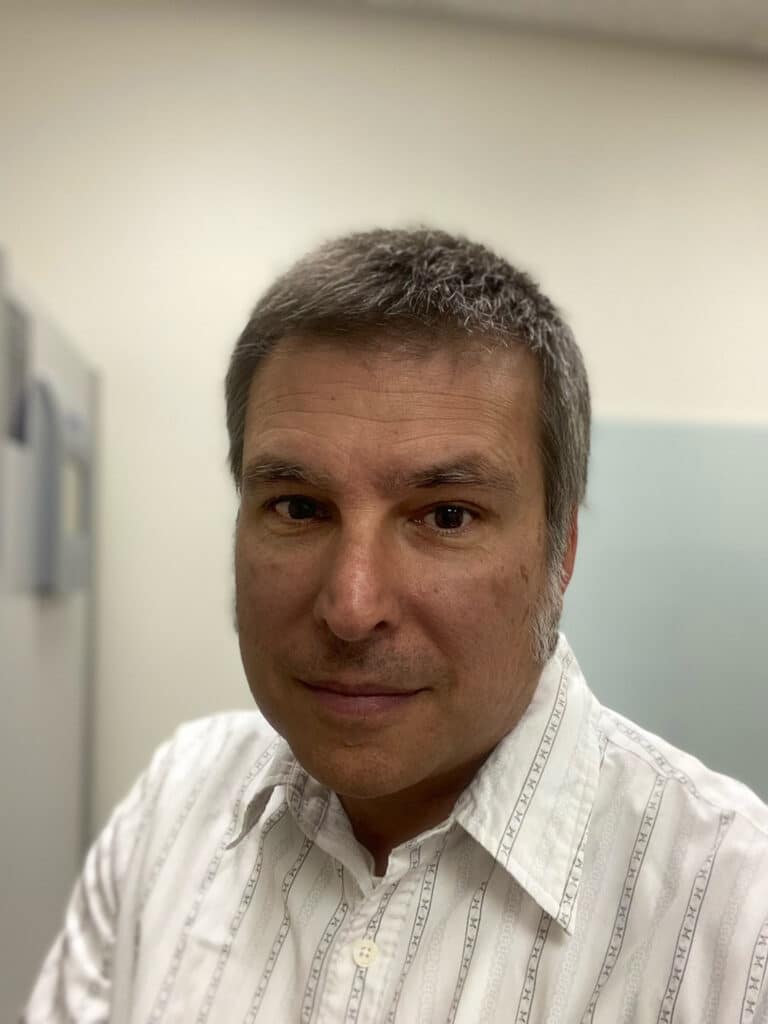
David Heidary
Research Professor, Chemistry
Ph.D. institution and year: University of California, San Diego, 2001
Recent affiliation: University of Kentucky
Research focus: I develop assays for drug discovery. I am broadly interested in the protein lifecycle, including factors regulating co-translational modulators, protein folding, trafficking, activity and degradation. Many of the systems I create are live cell assays, where I engineer reporters to be able to follow the activity and location of an enzyme or a receptor. I work to connect this behavior within the cell to the fundamental biophysical features of proteins.
Why NC State? I was drawn by the opportunity to be at an institution that supports and encourages scientists to do their best possible work, from discovery through entrepreneurship. Everyone is striving to be better today than they were yesterday.
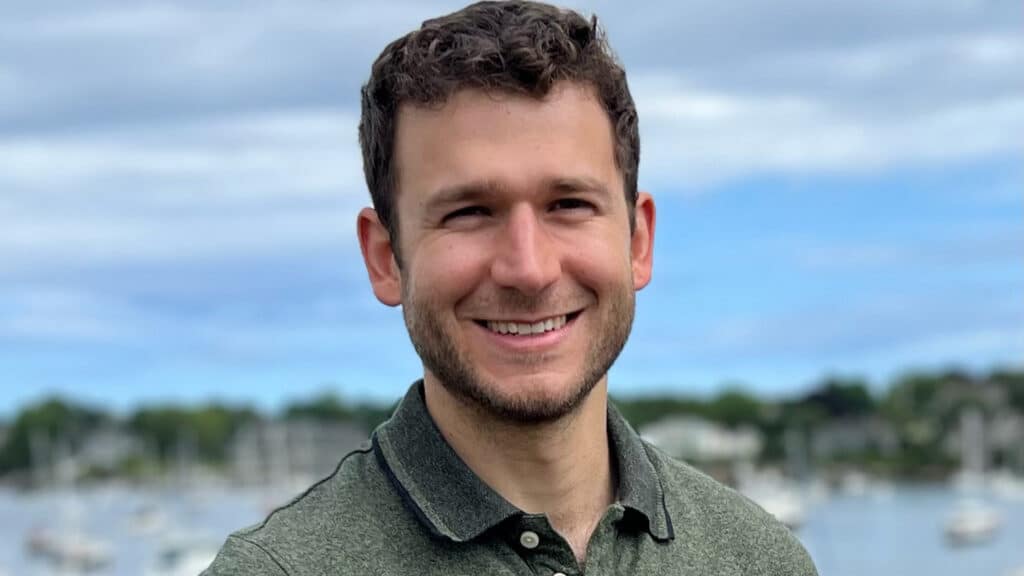
Nathaniel Josephs
Assistant Professor, Statistics
Ph.D. institution and year: Boston University, 2021
Recent affiliation: Postdoctoral Associate, Yale University
Twitter handle: None, but my website is www.njosephs.com
Research focus: My research is on the statistical analysis of network data. Specifically, I focus on inference for multiple network datasets, in which networks are the fundamental data objects, as well as modeling network data with Bayesian nonparametrics. I am also interested in causal inference, active learning, and applications to chemistry and materials science.
Why NC State? NC State has an unparalleled number of world-class statisticians and I am excited about the collaborative potential. I am thrilled to call the Research Triangle my home and root, root, root for the home team. Go Pack!
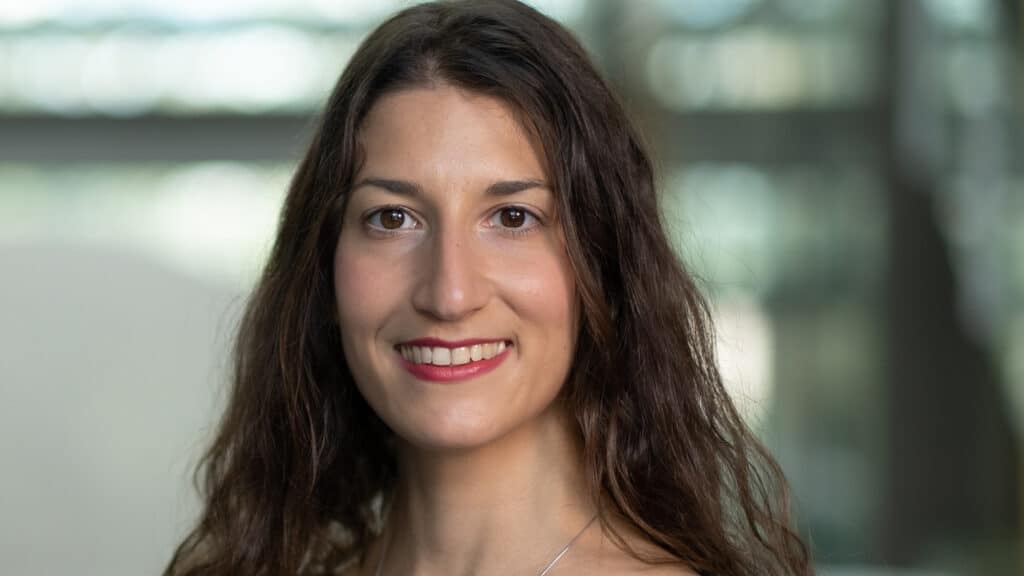
Milena Jovanovic
Assistant Professor, Chemistry
Ph.D. institution and year: University of Colorado Boulder, 2019
Recent affiliation: Postdoctoral Research Associate, Princeton University
Twitter handle: @superchemgirl
Research focus: Quantum materials are at the forefront of the next technological revolution. However, there are a limited number of known quantum materials, and the quantum behavior usually arises only at low temperatures and high pressures. My research uses a chemistry point of view to design new quantum materials and to find access to quantum behavior under milder conditions, such as room temperature and pressure.
Why NC State? Multiple reasons attracted me to NC State! Mainly the innovative and vibrant research community and the welcoming and supportive atmosphere. I see numerous options for collaboration with faculty members and exciting paths to expand my research.
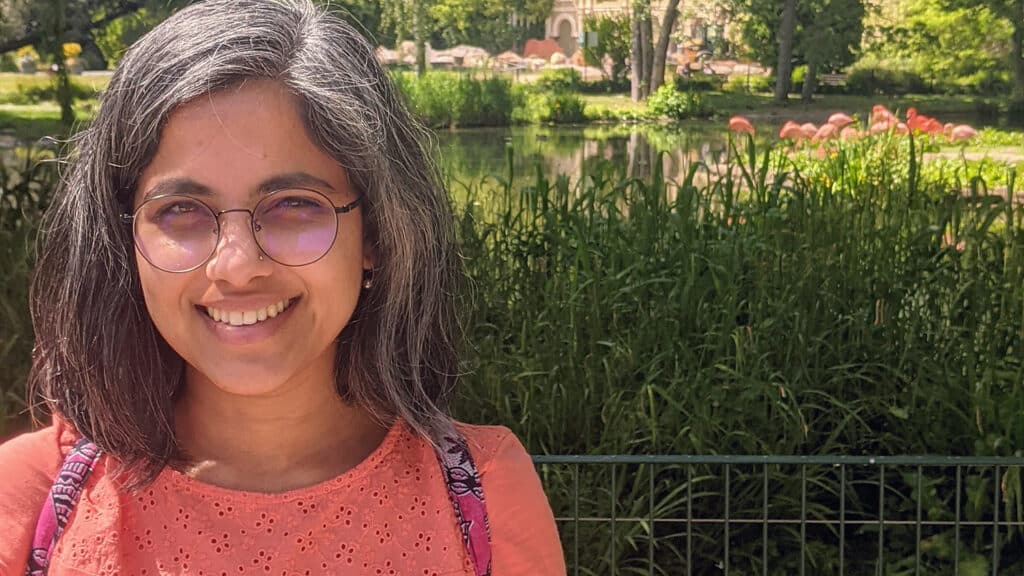
Maitreyee Kulkarni
Assistant Teaching Professor, Mathematics
Ph.D. institution and year: Louisiana State University, 2018
Recent affiliation: Postdoctoral Fellow, University of Bonn
Instagram handle: @maitreyeeck
Research focus:My research involves using a variety of combinatorial tools to solve problems in representation theory. I enjoy introducing these techniques to high schoolers and undergraduate students, especially because working through problems in this area enhances their problem-solving skills and gives them confidence to further learn mathematics.
Why NC State? The Department of Mathematics at NC state is very strong in both teaching and research. There is a wide variety of interesting courses offered at both the undergraduate and graduate level. I am very excited to join the group of professors who have been coming up with innovative and effective ways of teaching these courses. I have interacted with many high school students in India and across the U.S., and I am looking forward to doing the same in the Triangle.
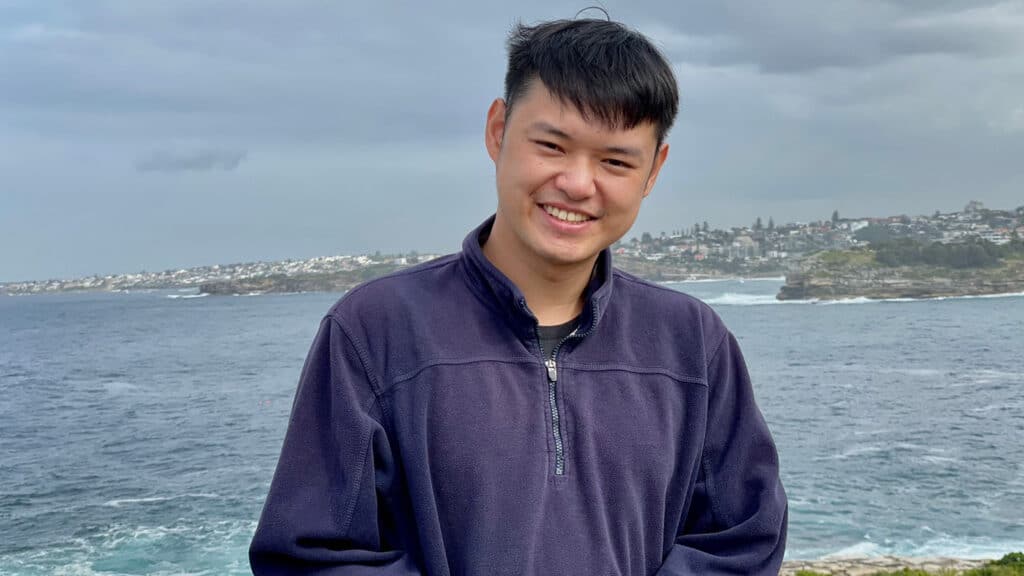
Zane Li
Assistant Professor, Mathematics
Ph.D. institution and year: University of California, Los Angeles, 2019
Recent affiliation: Postdoctoral Researcher, University of Wisconsin-Madison
Research focus: My research interests lie at the intersection of analysis and number theory. In particular, I use tools from Fourier analysis to study number theoretic problems and vice versa. I am also interested in applications of analysis to differential equations and combinatorics.
Why NC State? I am drawn to the strength of the mathematics department, the diverse interests of its faculty, and the possibility of research collaborations across the Triangle area.
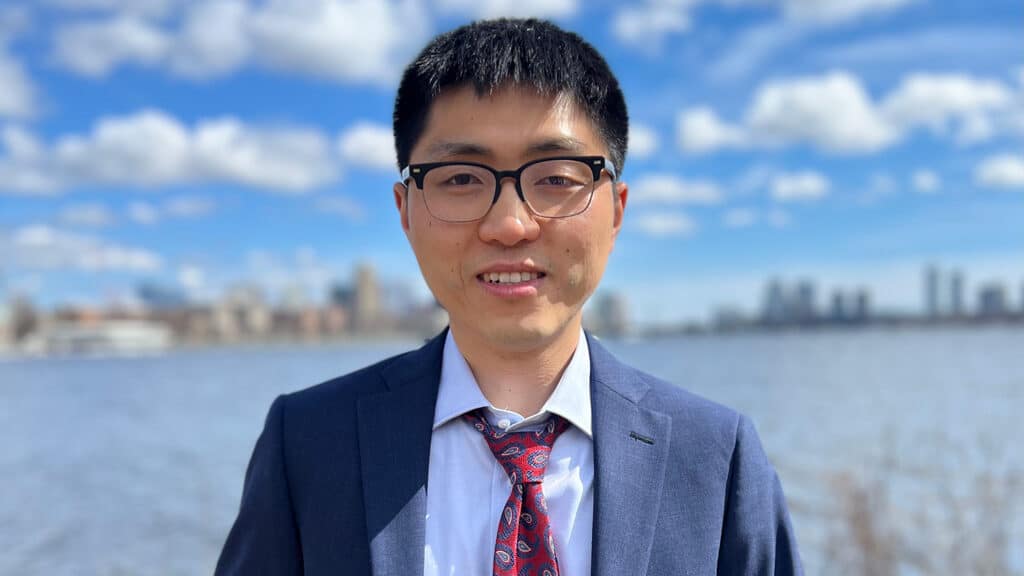
Xingcheng Lin
Assistant Professor, Physics
Ph.D. institution and year: Rice University, 2018
Recent affiliation: Postdoctoral Associate, Massachusetts Institute of Technology
Twitter/Instagram handles: @XingchengLin
Research focus: I am deeply interested in genome organization and its intricate connections to biological functions and human diseases. As part of the Bioinformatics Cluster at NC State, I will synergistically integrate physics-based simulation and data-driven methods to unravel the molecular mechanisms underlying genome and epigenome functions. Specifically, I am interested in predicting the structure and dynamics of large biomolecules, including protein complexes, RNAs and biomolecular condensates to understand their roles in epigenetic regulation. To achieve this goal, my group will leverage the growing wealth of data and combine data-driven methods with physical modeling of biomolecular processes. Ultimately, we aim to gain a comprehensive understanding of genome function and its interaction with the environment.
Why NC State? I was drawn to NC State due to its exceptional research in physics, chemistry and biological engineering. I am highly impressed by the supportive and collegial environment at NC State, which fosters the opportunity to discuss science with experts from diverse backgrounds. The university also has many renowned computational groups, offering an exciting prospect for future scientific collaboration and knowledge exchange. The Bioinformatics Research Center and the biophysics program — which hosts many labs dedicated to studying protein-DNA interactions — provide excellent opportunities for collaboration with labs across different departments. Additionally, I look forward to working with NC State’s talented graduate and undergraduate students to tackle the most important scientific questions.
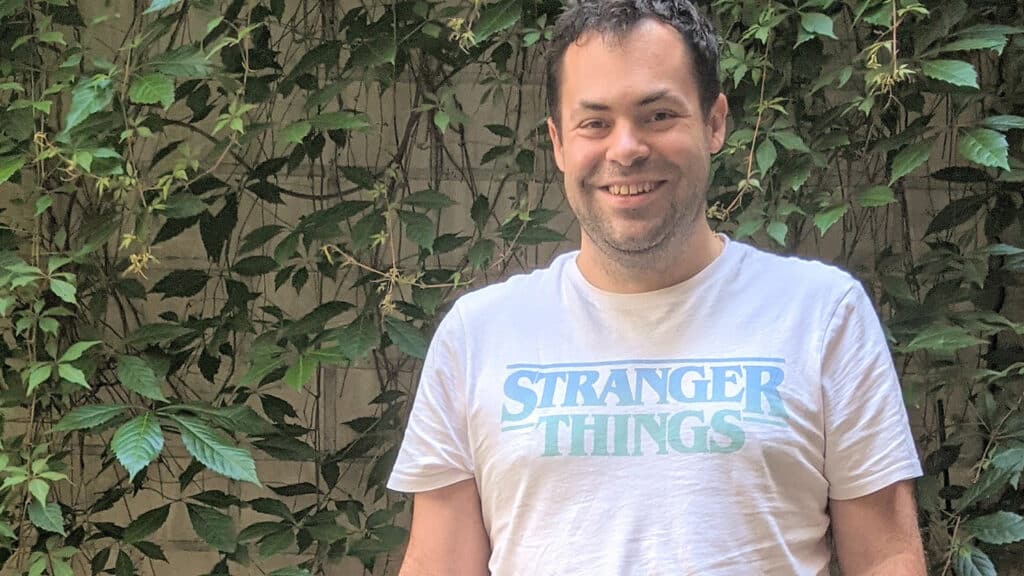
Jacob Matherne
Assistant Professor, Mathematics
Ph.D. institution and year: Louisiana State University, 2016
Recent affiliation: Hirzebruch Research Instructor, University of Bonn and Max Planck Institute for Mathematics
Research focus: In a broad sense, I am interested in matroid theory, which is the study of various generalizations of the kind of linear independence you see in linear algebra. The questions I like to think about both inform and are informed by a variety of mathematical areas such as combinatorics, which is the study of counting objects; representation theory, which is the study of symmetries of objects; and algebraic geometry, which is the study of the space of solutions of systems of polynomial equations. The most exciting problems for me are the ones that are related to lots of other things!
Why NC State? Many reasons! The mathematics department seems to be a perfect fit for me. It’s diverse in its research areas — almost every one of my many mathematical interests is represented by at least one faculty member in the department. Because of this, I expect that academic life here will be very stimulating, and will lead to a lot of interesting ideas! On a different note, since I was a graduate student at Louisiana State University and later a postdoc at both the University of Massachusetts Amherst and at the Institute for Advanced Study in Princeton, I have driven between Louisiana and either Massachusetts or New Jersey many times. The most beautiful parts of that drive for me are Tennessee, North Carolina and Virginia — the Appalachians and the surrounding landscape are breathtaking. The Triangle is rapidly growing and seems to have a lot to do, for whatever you are into. The mildness of the weather also makes it seem like a nice place to settle down!
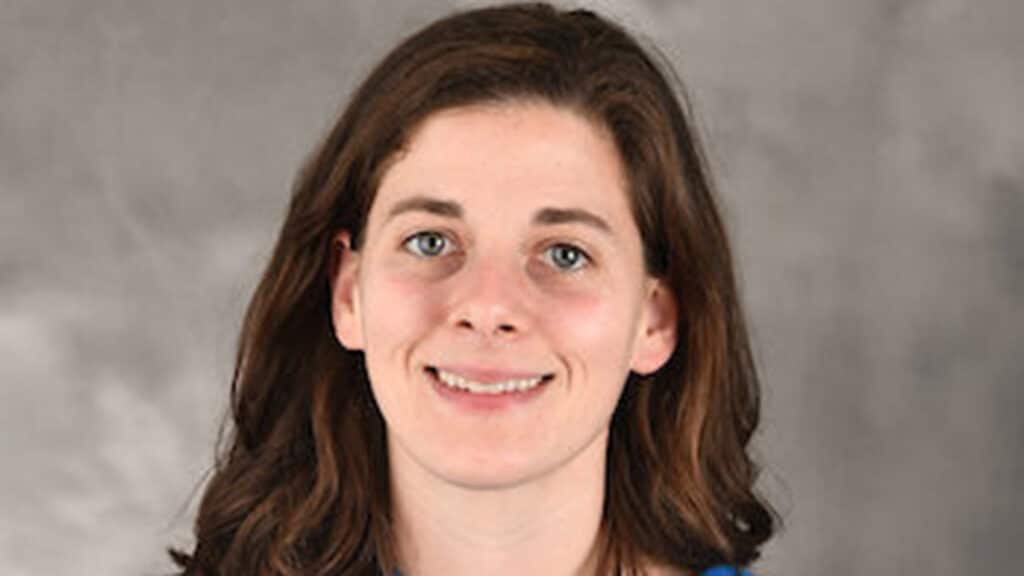
Stephanie Mathews
Assistant Teaching Professor, Biological Sciences
Ph.D. institution and year: NC State, 2015
Recent affiliation: Assistant Professor, Campbell University
Twitter handle: @sl_mathews
Research focus: In the lab, I am interested in microbial metabolism and working with students to identify and understand these pathways. This includes antimicrobial production and ways in which bacteria break down recalcitrant compounds. In the classroom, I am seeking to develop new tools to engage students in learning, including case studies and course-based research experiences.
Why NC State? Having completed my doctorate in microbiology and forest biomaterials at NC State, I am excited to return to my alma mater. There are so many resources for students in the classroom, lab and the broader university community — I am looking forward to connecting students with resources and watching them achieve great things.
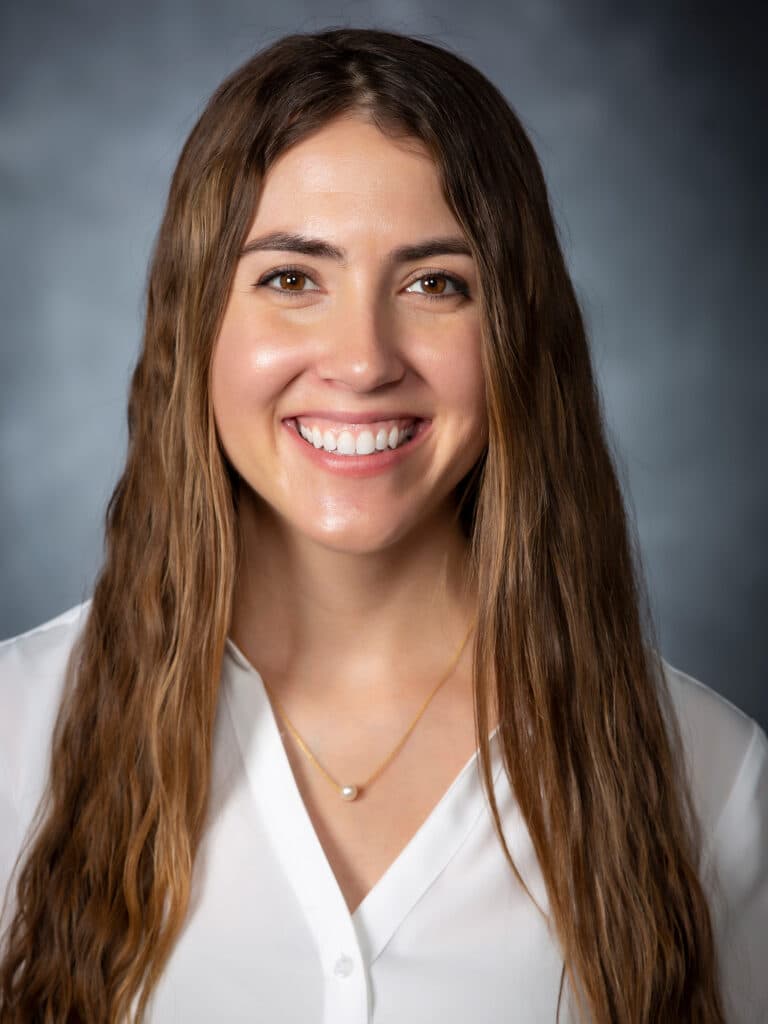
Maria Rodgers
Assistant Professor, Biological Sciences
Ph.D. institution and year: Clemson University, 2016
Recent affiliation: Postdoctoral Research Associate, University of Connecticut
Twitter handle: @MariaLRodgers
Research focus: My research focuses on questions in immunotoxicology and comparative immunology in coastal and marine organisms. Ongoing projects include examining humoral immune responses in wild sea turtles, understanding how PFAS chemicals influence fish health, and exploring the influence of multi-stressor scenarios (particularly those indicative of future climate conditions) on immunity of various marine organisms.
Why NC State? The friendly environment! I wanted to work in a place with great people and where great science was happening — NC State is exactly that!
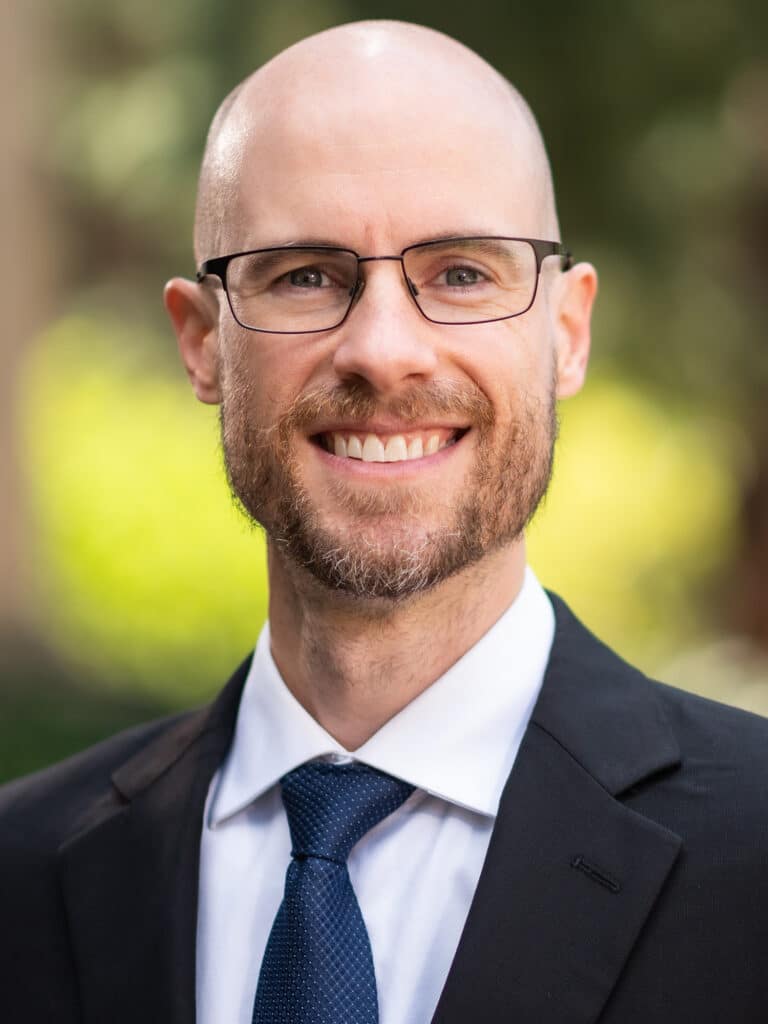
Ian Roederer
Associate Professor, Physics
Ph.D. institution and year: University of Texas at Austin, 2010
Recent affiliation: Research Professor, University of Michigan
Research focus: I study some of the oldest stars in our Milky Way Galaxy. The chemical elements found in these stars tell us about the formation of the galaxy, how stars work and the synthesis of the atoms that make up our bodies and the universe around us.
Why NC State? The nuclear astrophysics group at NC State is one of the finest in the world. I look forward to collaborating with this group as we explore our cosmic origins and train the next generation of scientists. I am also excited to help work toward inclusivity of the sciences at a public university that focuses on serving the students and people of its state and the world beyond.
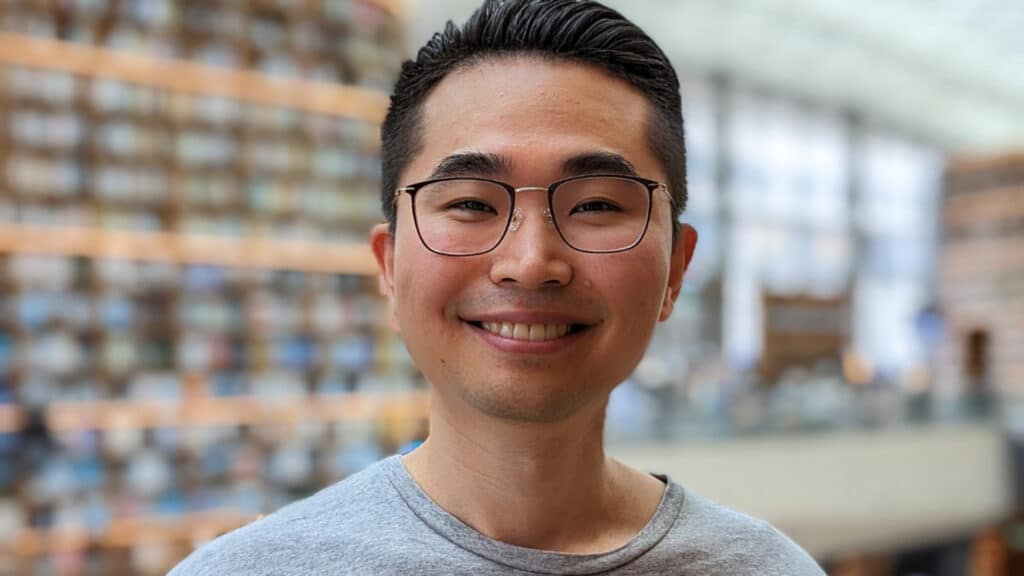
Yeonjong Shin
Assistant Professor, Mathematics
Ph.D. institution and year: The Ohio State University, 2018
Recent affiliation: Assistant Professor, Department of Mathematical Sciences, Korea Advanced Institute of Science and Technology
Research focus: I am an applied mathematician interested in developing and analyzing computational tools and algorithms that can be broadly applicable in diverse applications. My current focus involves analyzing intriguing phenomena — or models from deep learning — developing practical computational methods and exploring their practical uses in physical and engineering applications, e.g., combustion, thermodynamics and fluids.
Why NC State? I’m drawn to NC State’s vibrant academic community and collaborative spirit, which give me confidence that I can thrive and contribute to the university. Additionally, NC State’s applied mathematics graduate program is nationally renowned, as it was recently ranked 18th by the U.S. News and World Report. I am very excited to join NC State and look forward to continuing the legacy of excellence in both teaching and research.
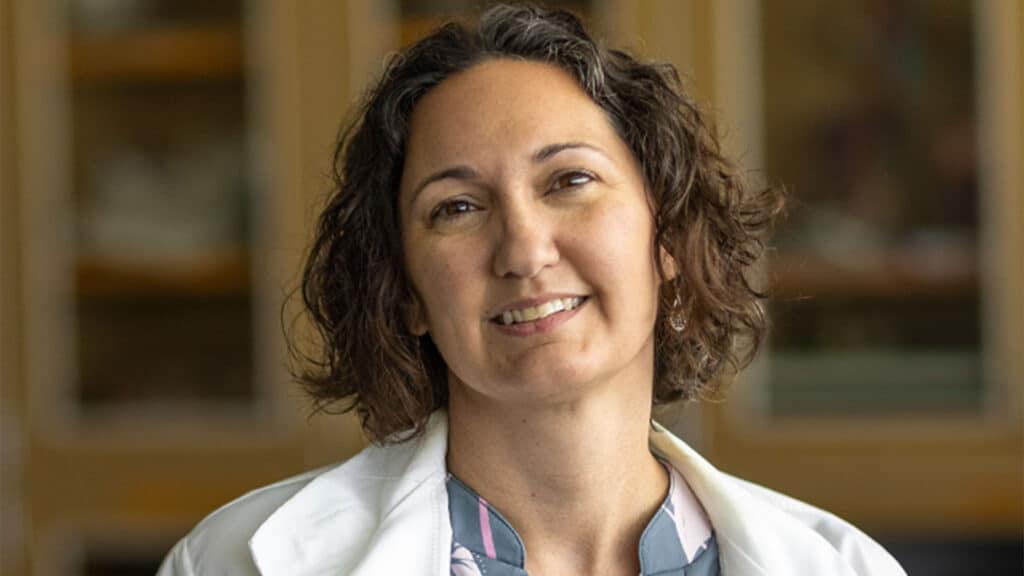
Michaela Gazdik Stofer
Associate Teaching Professor, Biological Sciences
Ph.D. institution and year: State University of New York at Albany, 2007
Recent affiliation: Department Chair and Associate Professor, Department of Biology, Utah Valley University
Twitter handle: @GazdikStofer
Teaching focus: I strive to inspire a love of science in my students by showing them my passion for the subject, making the material relatable and relevant to their lives and ensuring they have opportunities to put their knowledge into practice. My highest priority as an educator is to provide opportunities for all students to develop into critical, independent thinkers who understand the inquisitive nature of science. To accomplish this, I strive to build an inclusive classroom culture with an active learning focus and use inquiry-based pedagogies to engage students with their own learning.
Why NC State? I have spent my career committed to providing excellent undergraduate education and I see that same commitment in NC State’s Department of Biological Sciences. The faculty use and develop innovative pedagogy, engaging in the scholarship of teaching and learning, and demonstrate a true commitment to equity and inclusion. Everyone I’ve met has been welcoming, supportive and collaborative, and I’m excited to join a department that shares my passion for undergraduate biology education.
- Categories:


